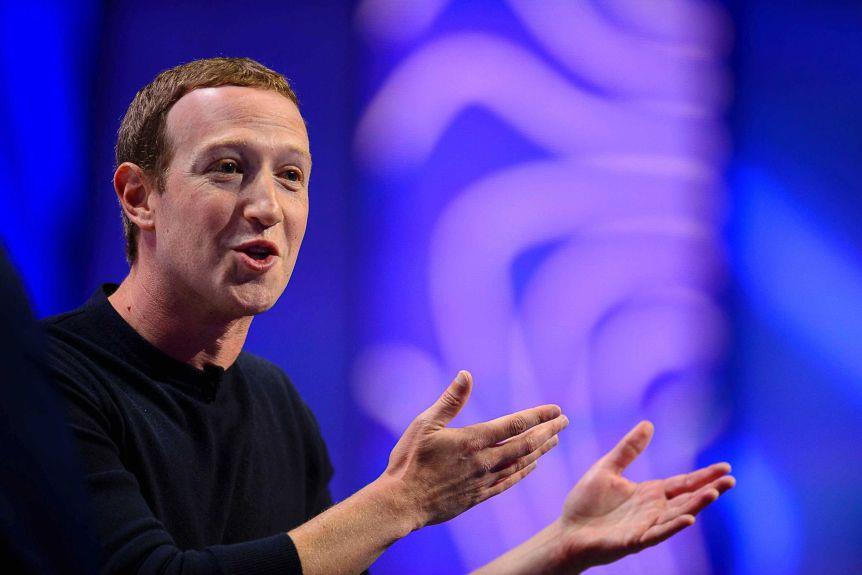WORLD, June 29 (ABC News) - Major multinational companies including Coca-Cola, Starbucks, Verizon and Unilever have joined forces to boycott Facebook ads, saying the company doesn't do enough to remove hate speech.
A growing list of companies have joined the Stop Hate for Profit campaign by vowing to pause their ads on Facebook for the month of July.
More than 160 companies have pulled their spending so far, but is it enough to force Facebook's hand to make significant change?
Before we get to that, let's unpack a few things first …
Who is behind the campaign and what does it want from Facebook?
The Stop Hate for Profit campaign was launched by organisations Free Press and Common Sense, along with US civil rights groups Color of Change, Anti-Defamation League and NAACP after the death of George Floyd at the hands of Minneapolis police.
Among its goals is to put public and financial pressure on Facebook to stop generating ad revenue from hateful content, and it believes the best way to do that is to hit Facebook where it hurts: the profit margin.
The campaign says it's taking action against "Facebook's long history of allowing racist, violent and verifiably false content to run rampant on its platform".
Which companies have joined the boycott?
Stop Hate for Profit has drawn support from a fast-growing list of major US companies. Organisers are now preparing to take the campaign global.
These are some of the companies that have paused their advertising in some capacity: Starbucks, Unilever, Coca-Cola, Verizon, Patagonia, Arc'teryx, The North Face, REI, JanSport, Eddie Bauer, Hershey's, Upwork, Magnolia Pictures, Dashlane, Honda, Levi Strauss and Eileen Fisher.
Some of the companies will only pause ads just on Facebook, while others will pause their advertising more broadly on social media.
Is the boycott having any impact on Facebook?
It's hard to say just yet, but there are a few things to consider.
On Friday, Facebook's market value dropped by more than 8 per cent, amounting to about $72 billion.
So it's fair to say investors are sending Facebook a strong message.
To give some context, last year Facebook generated nearly $102 billion in advertising sales.
About a quarter of that comes from big companies such as Unilever, but the vast majority comes from small businesses.
And while Unilever committed to pause its US spending on Facebook for the rest of the year, that only accounts for about 10 per cent of its overall estimated $250 million it spends on Facebook advertising annually, according to Richard Greenfield from media and tech research firm LightShed Partners.
Another key consideration is that as more companies pause their spending, some have pointed out that the platform's biggest spenders haven't budged.
What have we heard from Facebook?
On Friday, just hours after Unilever said it would pull its ads, Facebook founder Mark Zuckerberg announced that his company would begin labelling newsworthy content that violates its policies in the lead-up to November's US elections.
He also said it would label all posts and advertisements about voting with links to accurate information.
On Sunday, the company acknowledged it had more work to do, saying it was teaming up with civil rights groups and experts to develop more tools to fight hate speech.
But it said its investments in artificial intelligence have allowed it to find 90 per cent of hate speech before users report it.





